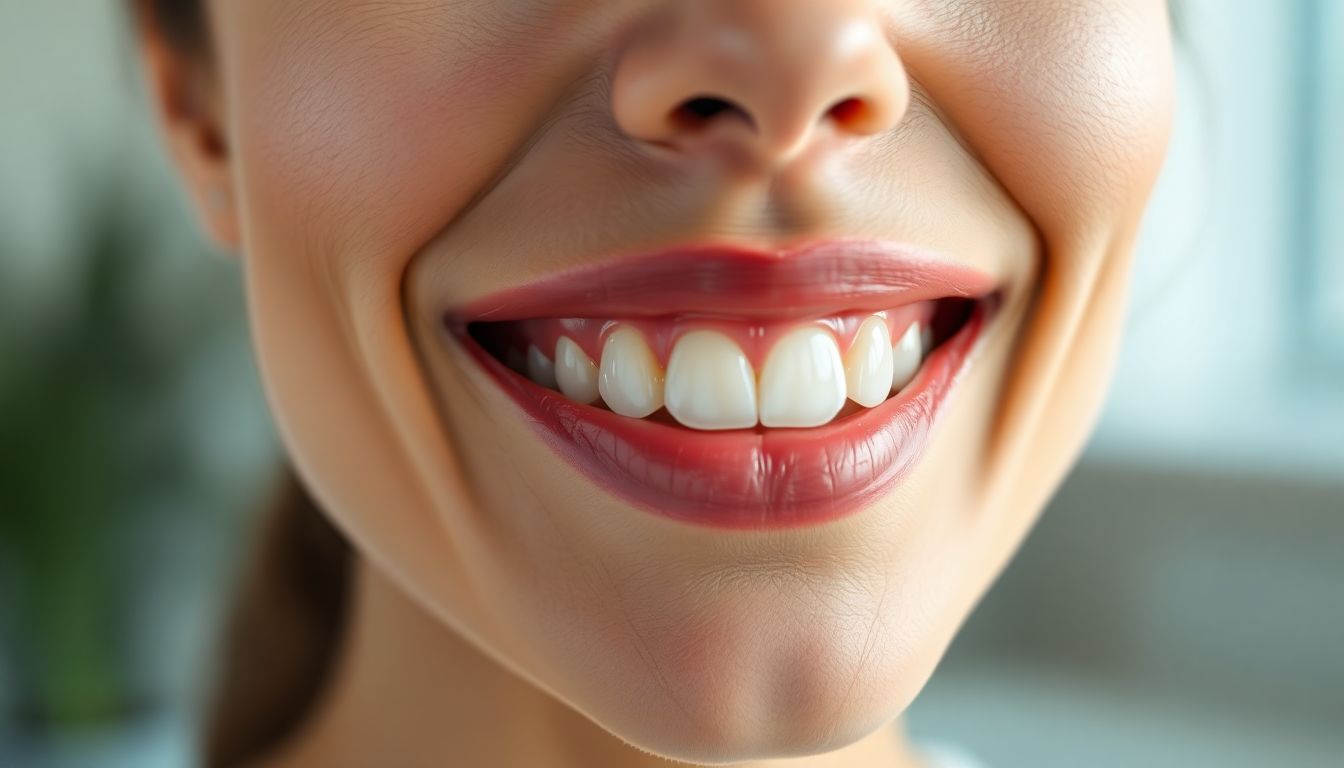
Oral Health for Women: How Hormones Affect Your Teeth and Gums
Did you know women are more likely to get cavities than men? It's true! Hormones play a huge role in a woman's oral health. These chemical messengers impact everything from gum sensitivity to the risk of tooth loss. Puberty, menstruation, pregnancy, and menopause all bring big shifts. Understanding these connections can help you protect your smile. Taking care of your teeth and gums during these times is key. This knowledge empowers women to take charge of their oral health.
Puberty and Oral Health
Puberty is a time of big changes. Hormone levels surge. These shifts can affect your gums. Understanding how hormones change during puberty is essential. It can give you the power to take care of your oral health. This means paying closer attention to your oral hygiene.
The Surge of Estrogen and Progesterone
Estrogen and progesterone levels rise during puberty. This causes more blood flow to the gums. The result? Gums get more sensitive to plaque. They also get more sensitive to bacteria. This sensitivity makes it easier for gums to get inflamed.
Increased Risk of Gingivitis
Gingivitis is gum inflammation. Puberty ups the risk. Gums may become red, swollen, and bleed easily. Brushing and flossing can help a lot. Good oral hygiene can prevent it. See your dentist if you notice these symptoms.
Menstruation and Oral Health
The menstrual cycle affects more than just your mood. Shifting hormones during menstruation can also affect your teeth and gums. Some women notice changes in their oral health during their periods. Being aware of these changes can help you manage them.
Menstruation Gingivitis
Some women experience menstruation gingivitis. This is when gums become inflamed right before a period. Gums might be red, swollen, and tender. It usually goes away after your period starts. Brush and floss gently to manage it.
Mouth Ulcers and Hormone Fluctuations
Mouth ulcers, also known as canker sores, can show up during hormone shifts. Some people get them around their periods. The exact link isn't crystal clear, though. Home remedies, like salt water rinses, can bring relief. Talk to your dentist if ulcers are severe or last a long time.
Pregnancy and Oral Health
Pregnancy brings major hormone changes. These shifts impact your oral health. The health of your mouth is even more important during pregnancy. Neglecting your teeth can impact your baby too.
Pregnancy Gingivitis
Pregnancy gingivitis is very common. It is a more severe form of gingivitis. Gums get extra sensitive and inflamed. Regular dental check-ups are crucial. They can help prevent gum disease.
Pregnancy Tumors (Pyogenic Granulomas)
Pregnancy tumors can appear on gums. They are also known as pyogenic granulomas. These are red, raised bumps. They are not cancerous. They usually go away after delivery. If they are painful, your dentist can remove them.
Morning Sickness and Tooth Enamel
Morning sickness exposes teeth to stomach acid. This acid can wear away tooth enamel. Rinse your mouth with water after vomiting. Wait 30 minutes to brush. This prevents further damage.
Menopause and Oral Health
Menopause marks another big hormonal shift. Estrogen levels drop a lot. This decline affects oral health in different ways. Taking care of your teeth becomes especially important during this life stage.
Dry Mouth (Xerostomia)
Dry mouth, or xerostomia, is common during menopause. Reduced saliva production leads to this. Saliva helps protect teeth from decay. Dry mouth raises the risk of cavities. It can also lead to gum disease and discomfort. Drinking more water can help. Your dentist might suggest saliva substitutes.
Burning Mouth Syndrome
Burning mouth syndrome causes a burning feeling in the mouth. It can be linked to hormonal changes. The symptoms include pain, burning, or tingling. There are many ways to manage it. This includes medication and lifestyle changes. Talk to your doctor or dentist for diagnosis and help.
Osteoporosis and Tooth Loss
Osteoporosis is a bone-weakening disease. It's more common after menopause. It can lead to tooth loss. Calcium and vitamin D are essential for bone health. Talk to your doctor about bone density screenings.
Proactive Oral Health Strategies for Women
Taking care of your teeth and gums is a life-long job. But you can take simple steps to protect your smile at any age. Healthy habits, regular dental visits, and good communication will help you. They'll ensure a healthy mouth.
Maintaining Excellent Oral Hygiene
Brush your teeth twice a day. Floss every day too. Use a fluoride mouthwash. These habits remove plaque and bacteria. A good electric toothbrush is helpful.
Regular Dental Check-ups and Cleanings
See your dentist regularly. This can ensure early detection and prevention. Professional cleanings remove stubborn plaque. Your dentist can spot problems early.
Healthy Diet and Hydration
A healthy diet supports strong teeth. Limit sugary foods and drinks. Eat foods rich in vitamins and minerals. Drink plenty of water to keep your mouth moist.
Discussing Hormonal Changes with Your Dentist
Tell your dentist about hormonal changes you're experiencing. This includes puberty, menstruation, pregnancy, and menopause. Open communication helps your dentist provide the best care. They can offer specific advice for your needs.
Conclusion
Hormones have a big influence on women's oral health. Puberty, menstruation, pregnancy, and menopause bring changes. These shifts can affect your teeth and gums. Proactive oral care is essential. Brush, floss, and see your dentist regularly. By understanding these connections and taking action, you can protect your smile. Don't hesitate to talk to your dentist for personalized advice. Your oral health is worth it!
